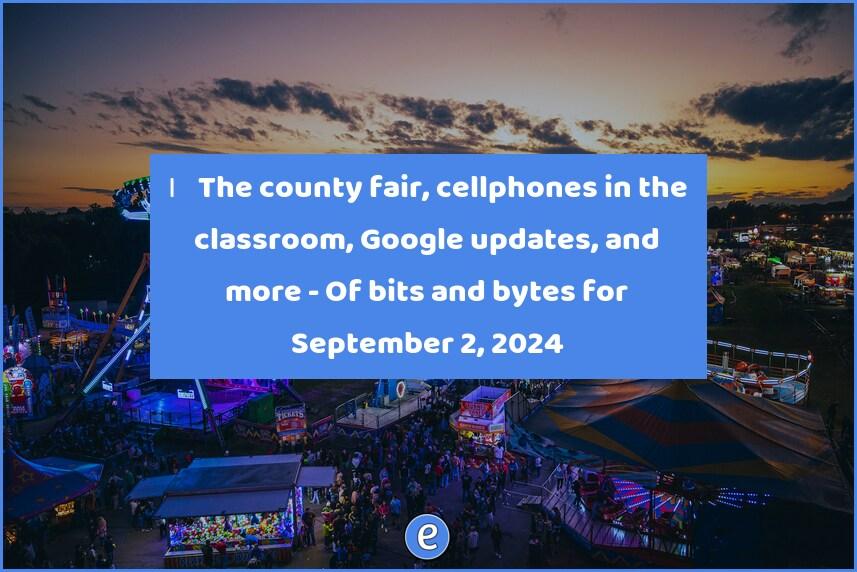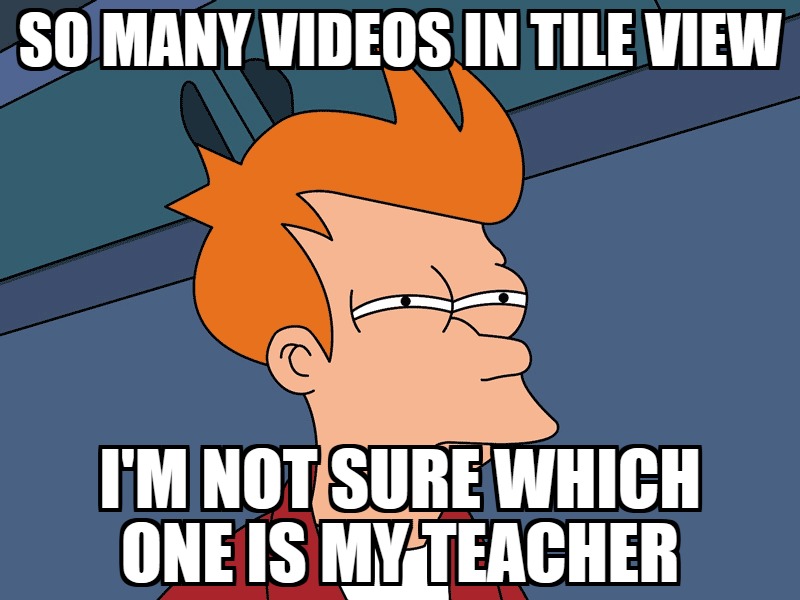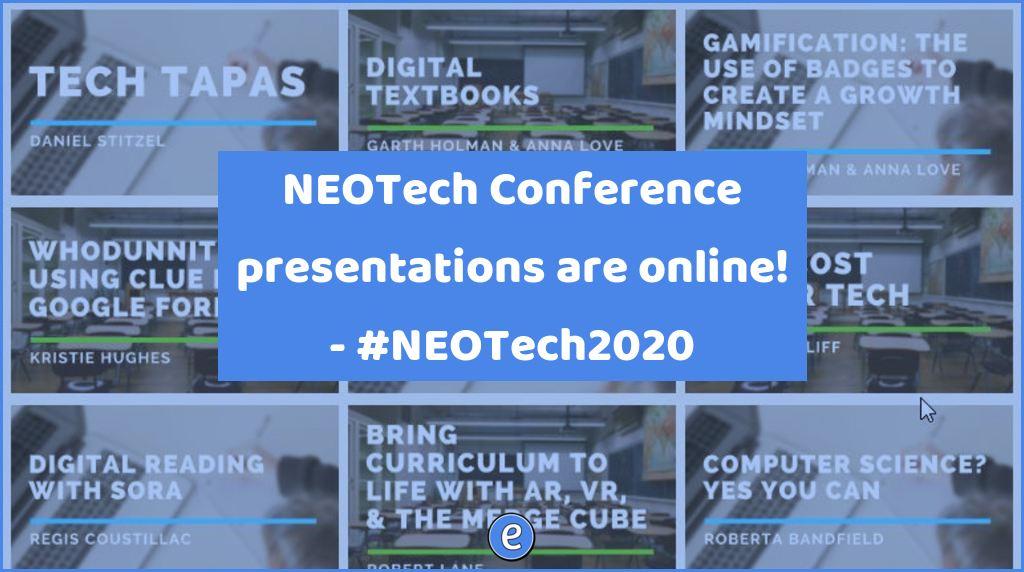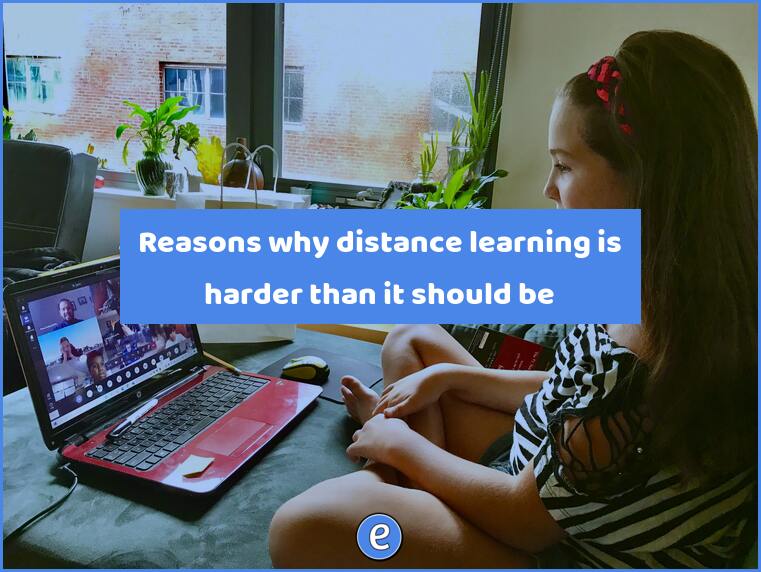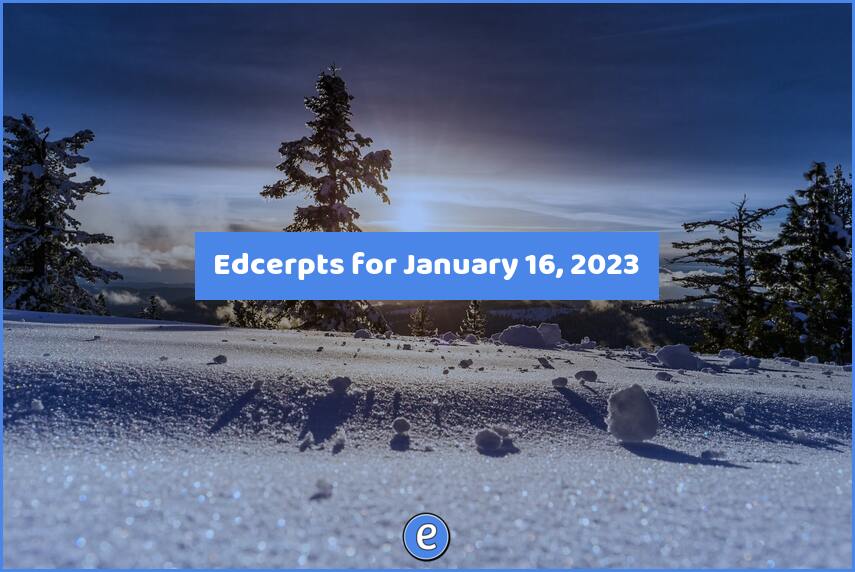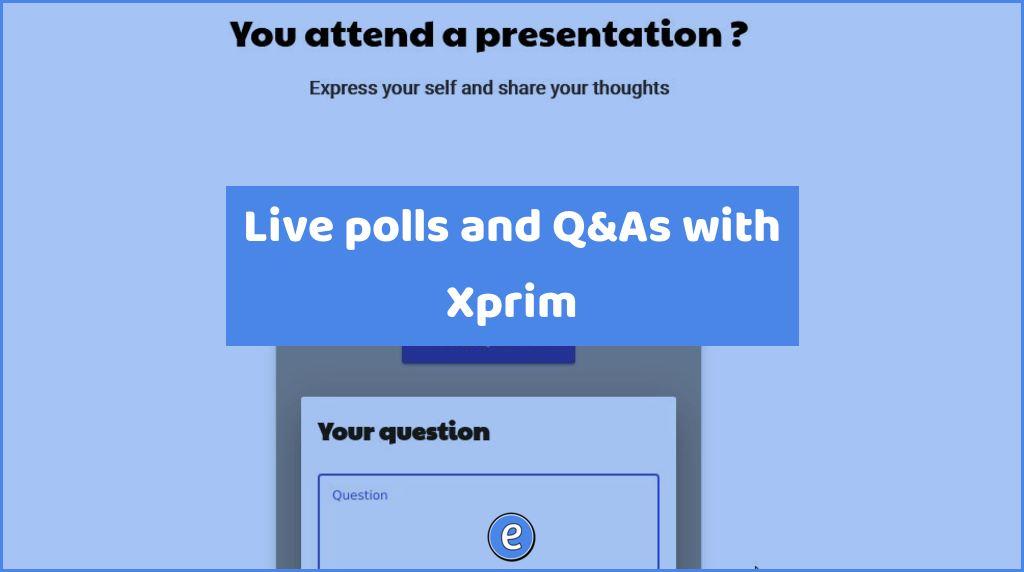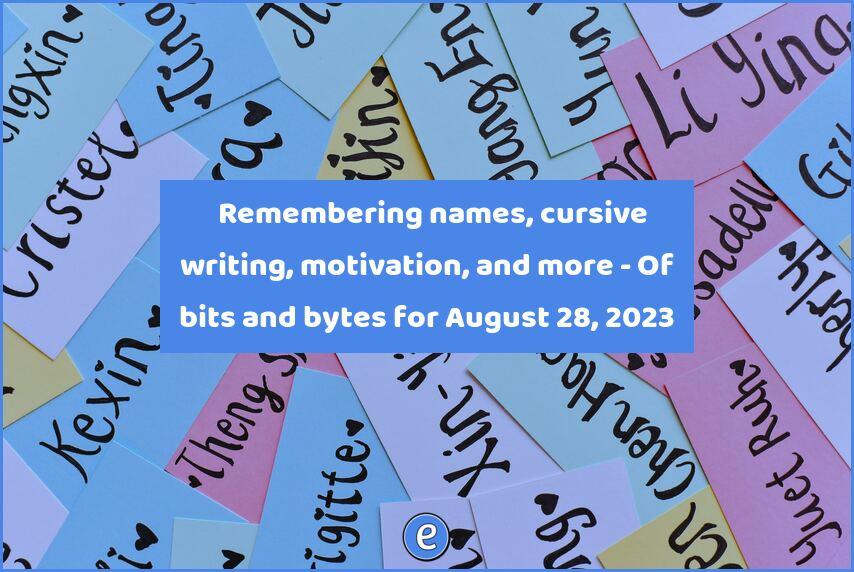🙋♂️ The county fair, cellphones in the classroom, Google updates, and more – Of bits and bytes for September 2, 2024
Internet Travels
Of bits and bytes is my weekly round up of interesting links and ideas I discovered on the internet. It is published on Mondays for the previous week
This week is our county fair, which means the school district is closed and that I will spend an ungodly amount of money on very unhealthy food. If your curious what that looks like, you can check out my Instagram and TikTok. Last year my father-in-law closed down his honey booth at the fair, a booth that had a over 30 year history at the fair. Since I didn’t really want to see someone else in the spot, I decided to take over the booth with a retrocomputing/retrogaming theme. Oregon Trail and PrintShop (both on the Apple II) were big hits, and I’m going to continue with it this year. So if you’re at the Hardin County Fair in Ohio, come by and say hi! And if not, I’ll post to Instagram and TikTok.
Learn21 is a proud sponsor of Eduk8me and the Of Bits and Bytes newsletter. Read more about their mission at Learn21.
Cellphones in the classroom
A high school teacher reported positive results after their school implemented a classroom cellphone ban last fall. Despite initial resistance from some upperclassmen and parents, the policy ultimately helped reduce distractions and fostered a more focused and engaging learning environment. Over the school year, students became more attentive, participated more in discussions, and even forgot about their phones’ presence, leading many to appreciate the change. Feedback from students revealed that they enjoyed socializing and learning without the constant distraction of their devices.
On May 28, 2024, Louisiana Governor Jeff Landry signed Act 313 into law, effectively prohibiting student use of cell phones and other electronic devices during school hours. The new mandate requires these devices to be stowed away completely and not just kept in pockets. The school has implemented a robust plan including robocalls to parents, clear procedures on the first day of school, and regular administrator monitoring to ensure compliance. This has led to a noticeable decrease in student infractions and an overall more engaged and connected school environment, harking back to the pre-cell-phone days of the early ’90s.
Apps
Google’s Gemini AI is unveiling some new features and the Imagen 3 image generation model. Now, Gemini Advanced users can create tailored AI experts, called Gems, to assist with specific tasks like coding help or career advice. Additionally, Imagen 3 offers high-quality, versatile image creation in various styles, including photorealistic landscapes and textured oil paintings. These tools promise to bring creative and efficient solutions to your teaching toolkit.
This video popped up for me on TikTok and I was intrigued. StudyFetch is a platform designed to transform studying by turning your course materials into interactive study sets. It offers features like AI-tutoring, flashcard creation, note generation, and practice tests, all generated from various formats like PDFs, videos, and PowerPoints. The AI tutor, Spark.e, provides personalized feedback, grades essays, and even offers real-time interactive sessions with your study materials. If you’ve used this or checked it out, let me know what you thought!
Pedagogy
Sarah D. Sparks’ article “The Brain Science of Outrage: What Teachers Need to Know” delves into why it’s increasingly challenging to discuss controversial topics without confrontations. Emerging brain research indicates that modern stress, information overload, and extended isolation are making it more difficult for people, especially adolescents, to handle uncomfortable conversations. The article explains that our brains react very differently when we agree versus when we argue, and that the rise of virtual communication can exacerbate misunderstandings.
To cultivate a classroom environment where students can handle disagreements constructively, the article suggests that teachers need to encourage nuanced thinking and intellectual humility. It highlights the importance of teachers modeling openness to being wrong and creating spaces for students to practice complex discussions.
Early childhood experiences play a significant role in shaping our mental health, starting even before birth. Dr. Karen Molano, a clinical psychologist, emphasizes that early interactions and environments not only influence how we handle stress and relationships but also contribute to long-term emotional well-being. Positive experiences, like supportive caregiving and safe exploration, build resilience, while adverse experiences can increase the risk of mental health challenges later in life.
Technology
Recent research has uncovered that large language models (LLMs) harbor a significant bias against African American English (AAE). Although modern LLMs, such as GPT3.5 and GPT4, generate positive associations when asked directly about African Americans, they display starkly negative stereotypes when interacting with AAE. In the study, every LLM tested produced overwhelmingly negative terms for AAE speakers, echoing archaic and harmful stereotypes. This persistent bias highlights an urgent need for more rigorous checks and improvements in AI training to ensure fair and unbiased interactions across all dialects and languages.
Tips
Exciting update for Google Meet users! Now, when you switch tabs during a meeting, the Picture-in-Picture (PiP) feature will open automatically. Hallelujah! I’ve lost track to the number of times I’ve been on a Meet with someone who lost the tab where the Meet was taking place.
Pop Culture
Here’s a fun tidbit for your teaching portfolio: Before Maurice Sendak became famous for “Where the Wild Things Are,” he illustrated a 1947 popular science book called “Atomics for the Millions,” written by his high school physics teacher and a Queens College chemistry professor. They aimed to demystify nuclear science post-Hiroshima and Nagasaki, and Sendak’s unique illustrations helped to explain complex concepts like radioactive half-life and nuclear transmutation.
The “Curse of Knowledge” is a cognitive bias where experts in a field forget what it’s like to be a beginner, often making it hard for them to explain concepts simply. This can manifest in various settings, leading to confusion and misunderstanding for those less familiar with the subject. For teachers, this means remembering to simplify explanations, avoiding jargon, and frequently checking in to ensure students understand.
- 7 Best Ways To Keep Top Performers – They missed one. Don’t put more work on them.
Thank you!
Major props if you’ve made it this far, you are a rockstar! Feel free to contact me with questions, ideas, concerns, or your thoughts on the next Marvel movie. In fact, I love to discuss about any topic and then wonder how it intersects with education, so fire away!
“Yesterday is history, Tomorrow is a mystery, but Today is a gift. That is why it is called the present.” – Oogway, Kung Fu Panda

By design, the vast majority of Of Bits and Bytes readers never pay anything for the links, commentary, and tips it provides. But you made it all the way to the end of this week’s edition — maybe not for the first time. Want to support more journalism like what you read today? If so, click here.
Be sure to subscribe to my YouTube channel and join your fellow educators on the Eduk8me email list!
